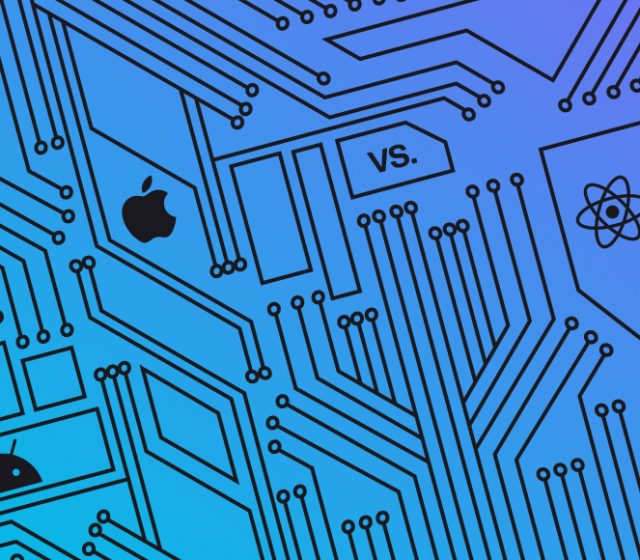Crafting the Future with C++

Today, it’s no secret that some of the most exciting work is where tech, innovation and creativity meet. At Fastdev, this is often where you’ll find us. Our skilled developers, using languages such as C++, are continually transcending boundaries and opening up new horizons for digital solutions.
Meet Alexey: A Future Shaping Developer
Let me introduce you to Alexey. Alexey’s a forward-thinking developer who’s been at Fastdev as a key member of the team since February 2021. Currently, Alexey is working on a project that involves leveraging robotics to elevate the textile design experience.
When it comes to developing his latest project, Alexey has strategically chosen C++ as the programming language of choice. Why? Well, basically the answer lies in the language’s exceptional performance. More specifically, its ability to efficiently handle IoT hardware in real-time applications.
Alexey chooses C++ in this context due to its remarkable versatility and direct hardware interaction capabilities. These features perfectly align with the diverse technical demands of the project.
Additionally, the language offers an extensive range of libraries specifically tailored for robotics and IoT development. These provide Alexey with an optimised and highly effective development environment.
Digital Design – Crafting the Future with C++
Before digital and IoT, creating intricate designs and patterns for embroidery and textiles, such as the project that Alexey is working with, was tough work. Time consuming and difficult.
Now, C++ developers work in a digital realm where creativity knows no bounds.
With an ecosystem of software architects, embedded software developers, mobile developers, web designers, user experience designers, quality assurance experts, and AI assessors, they’re pushing the boundaries of what’s possible in the world of technology.
Stepping back to the future, getting to know C++
C++ isn’t the newest kid on the block, it’s almost 40 years old. But it’s experienced.
It’s exactly as a result of its age, or legacy, that it is well placed when it comes to stepping into the future. It’s why we talk of crafting the future with C++ or creating the future with C++. Although it’s not the latest language it has evolved and been added to.
C++ has consistently evolved and is a versatile and powerful programming language used widely for a variety of applications.
why C++ is a popular choice among developers:
- Performance: C++ allows for low-level manipulation of data and memory. This includes working closely with hardware, which can result in highly efficient code. This makes it suitable for applications where performance is critical, such as game development, real-time systems, high-load systems, and high-performance computing.
- Portability: C++ code can be compiled to run on different platforms with minimal modifications. This makes it a good choice for developing cross-platform applications that need to run on various operating systems and hardware architectures.
- Multi-paradigm programming: C++ is known for being a versatile language that accommodates procedural, object-oriented, and generic programming. The benefit of multi-paradigm development is that it gives you flexibility in choosing the most suitable approach for different parts of your application
- Rich ecosystem: C++ has a rich ecosystem of libraries that cover a wide range of functionalities. This includes the Standard Template Library (STL) with a collection of template classes and functions, including algorithms, containers, and iterators. This extensive library support is a significant advantage for developers, as it promotes efficiency, code reuse, and community collaboration.
- Wide Application Range: C++ is used in a variety of domains, including system programming, game development, embedded systems, desktop applications, scientific computing, and more. Its versatility makes it a valuable language for a wide range of applications.
- Community Support: C++ has a large and active community of developers. This means there are plenty of resources, forums, and libraries available for learning and solving problems. The community support contributes to the language’s longevity and continued relevance.
- Legacy Code and Integration: Many existing systems and libraries are written in C++, and there is a need to maintain and integrate with them. Learning this langauge allows developers to work with legacy codebases and interface with libraries written in C++.
Our summary
While C++ has its advantages however, it’s also essential to note that it also has a steeper learning curve compared to some other languages. It takes an experienced and skilled developer to work on and complete complex projects to the best advantage for the client.
In the end, as with any project, the choice of C++ depends on the project’s specific requirements, performance considerations, and the developer’s familiarity and comfort with the language.





